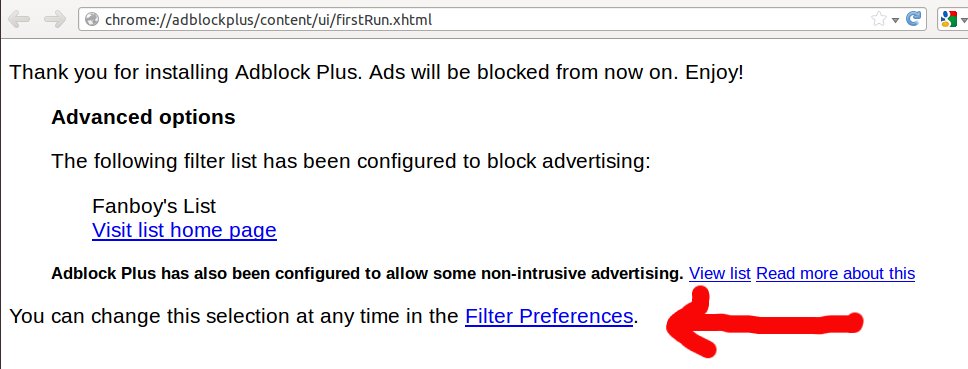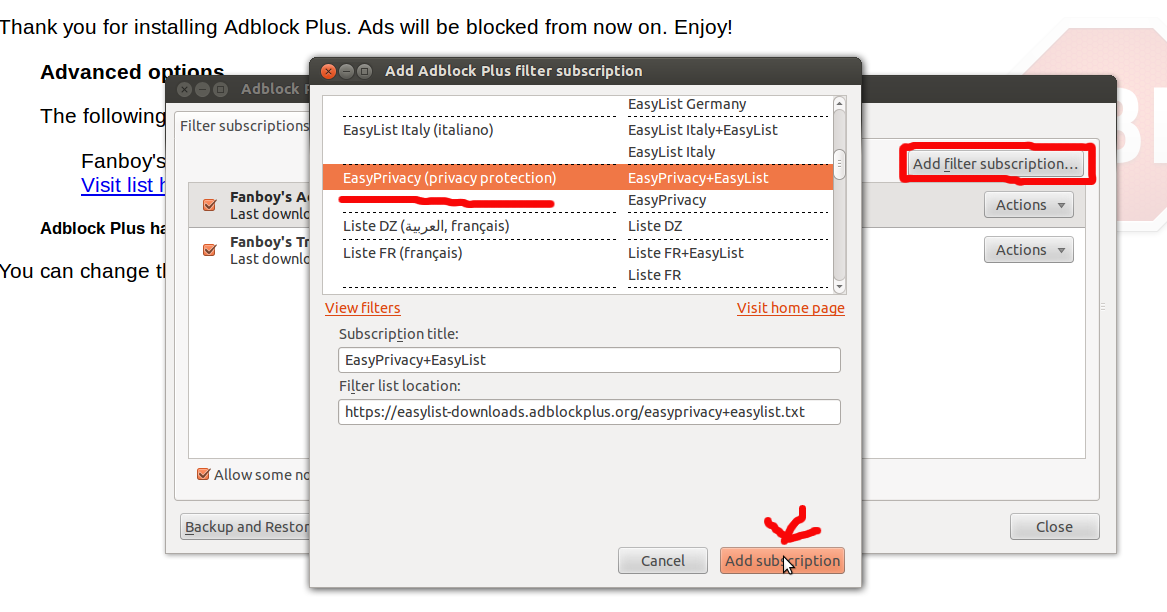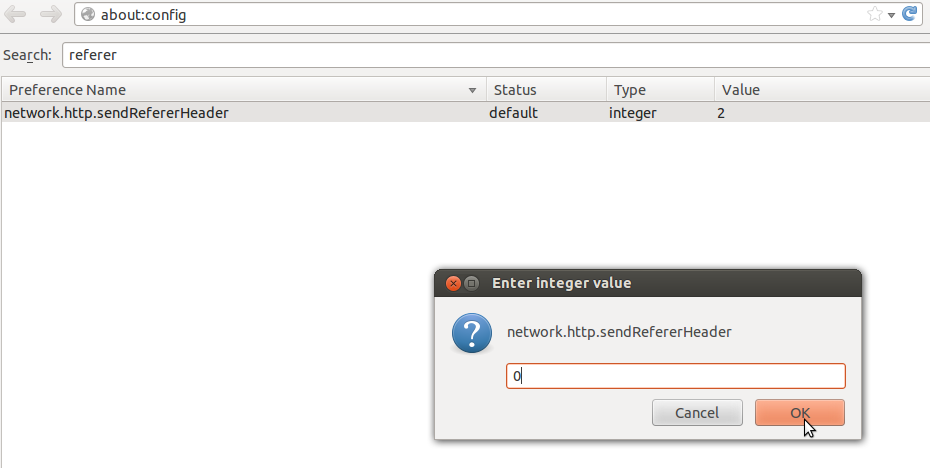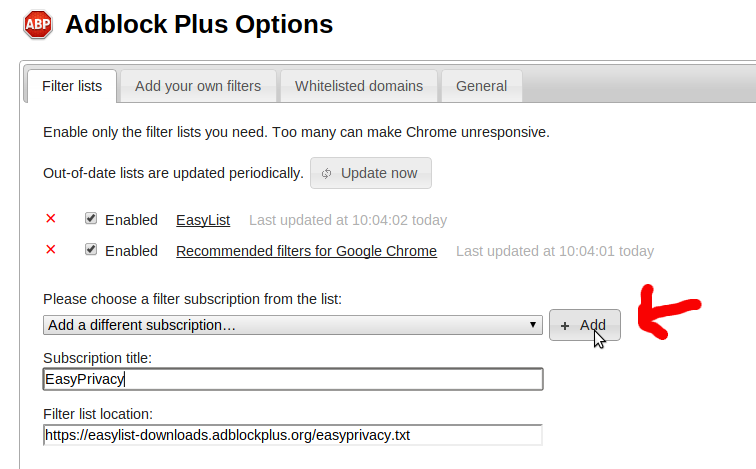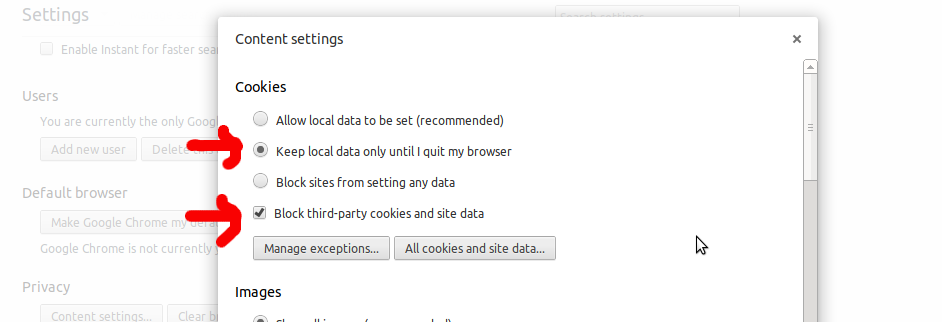HADOPI law
From Wikipedia, the free encyclopedia
The French HADOPI law or Creation and Internet law (French: Haute Autorité pour la diffusion des œuvres et la protection des droits sur internet,[1]
"law promoting the distribution and protection of creative works on the
internet") was introduced during 2009, providing what is known as a graduated response as a means to encourage compliance with copyright laws. HADOPI is the acronym of the government agency created to administer it.Contents |
Legislative passage
Despite strong backing from President Nicolas Sarkozy, the bill was rejected by the French National Assembly on 9 April 2009.[2][3][4] The French government asked for reconsideration of the bill by the French National Assembly and it was adopted on 12 May 2009 by the assembly,[5] and on 13 May 2009 by the French Senate.Debate included accusations of dubious tactics made against the promoters of the bill. There were complaints that the government's official website misrepresented the bill,[6] that the French Wikipedia pages on it were falsified by the Ministry of Culture on 14 February 2009.[7] and a "petition of 10,000 artists" in support of the bill was questioned as allegedly fraudulent.[8]
Timeline
- The bill was presented to the French Senate by the government on June 18, 2008.
- On October 23, 2008, the government shortened the debate by making the bill a matter of urgency, meaning it could be read only once in each chamber, under art. 45 of the French constitution.
- The bill was adopted by the Senate on October 30, 2008.
- The bill was presented to the Assembly on March 11th, 2009 where it was amended and the amended version adopted on April 2, 2009.
- Since the two legislative chambers had now adopted different versions, a parliamentary commission (seven members of the Senate and seven members of the Assembly) was constituted on April 7, 2009, mandated to produce a common text to be voted on by both chambers without further debate.
- The resultant bill was unanimously adopted by the Senate on April 9, 2009. On the same day, it was defeated in the Assembly (21-15), a consequence of absenteeism on the part of French socialist party MPs who later explained themselves in an open letter to the newspaper Libération.[9] published on April 27, 2009; coauthored by Jean-Marc Ayrault, Patrick Bloche, François Brottes, Corinne Erhel, Michel Françaix, Jean-Louis Gagnaire, Didier Mathus, Sandrine Mazetier, Christian Paul
- The bill was re-presented to the National Assembly on April 29 when 499 amendments were moved, most of which were rejected[10][dead link]
- The amended bill was adopted by the Assembly on May 12, 2009 (296-233). All present French socialist party members voted against it except Jack Lang
- The Senate voted in favor of the bill on May 13, (189-14), all senators of the socialist party abstaining, except Samia Ghali.
- On May 17, members of the National Assembly contested the constitutionality of the law and submitted it to the Constitutional Council for examination.
- On June 10, the Constitutional Council declared the main part of the bill unconstitutional, therefore making it useless. The council found that the law violated the 1789 Declaration of the Rights of Man and of the Citizen, and in particular presumption of innocence, separation of powers and freedom of speech.[11] [12]
- On 22 October 2009, the Constitutional Council approved a revised version of HADOPI, requiring judicial review before revoking a person's internet access, but otherwise resembling the original requirements.[13]
Details of the law
Government agency
The law creates a government agency called Haute Autorité pour la Diffusion des Œuvres et la Protection des Droits sur Internet (HADOPI) (English: the High Authority for Transmission of Creative Works and Copyright Protection on the Internet); replacing a previous agency, the ARMT (Regulation of Technical Measures Authority) created by the DADVSI law.[14]The new government agency is headed by a board of nine members, three appointed by the government, two by the legislative bodies, three by judicial bodies and one by the Conseil supérieur de la propriété littéraire et artistique (Superior Council of Artistic and Literary Property), a government council responsible to the French Ministry of Culture.[15] The agency is vested with the power to police Internet users.
Mandate
To ensure that internet subscribers "screen their internet connections in order to prevent the exchange of copyrighted material without prior agreement from the copyright holders" (Art. L. 336-3 of the bill). HADOPI also retains mandates previously attributed to the ARMT.Enforcement
On receipt of a complaint from a copyright holder or representative, HADOPI may initiate a 'three-strike' procedure:- (1) An email message is sent to the offending internet access subscriber, derived from the IP address involved in the claim. The email specifies the time of the claim but neither the object of the claim nor the identity of the claimant.
If, in the 6 months following the first step, a repeat offense is suspected by the copyright holder, his representative, the ISP or HADOPI, the second step of the procedure is invoked.
- (2) A certified letter is sent to the offending internet access subscriber with similar content to the originating email message.
- (3) The ISP is required to suspend internet access for the offending internet connection, that which is the subject of the claim, for a specified period of from two months to one year.
Appeal to a court is possible only during the third phase of the action (after the blocking of internet access) and an appeal can result in shortening but not cancellation of the blocking. The burden of proof is on the appellant.
According to the CNIL, action under the HADOPI law does not exclude separate prosecution under the French code of Intellectual Property,[16] particularly its articles L331-1 or L335-2, or limit a claimant's other remedies at law. (See CNIL opinion, below).
Background
Implementation of the European Copyright Directive resulted in the French DADVSI law which has been in force since 2007, creating the crime of lack of screening of Internet connections in order to prevent exchange of copyrighted material without prior agreement from the copyright holders (art. L335.12).[17] The DADVSI law did not prescribe any punishment. It has been partially invalidated by the Constitutional Council of France's rejection of the principle of escalation,[18] and retains only the crime of copyright-infringement, punishable by up to 3 years' prison and a fine of up to €300,000.The HADOPI law is supposed to address the concerns of the Constitutional Council of France, in addition to replacing the DADVSI law, which has yet to be enforced.
Olivennes report and Elysée agreement
On September 5, 2007, the French Minister of Culture, Christine Albanel asked the CEO of the major French entertainment retailer (Fnac), Denis Olivennes, to lead a task force to study a three-strike sanction, to conform with the ruling of the French Constitutional Council. After consulting representatives of the entertainment industry, internet service providers and consumer associations, the Olivennes committee reported to the Minister on November 23.[19] The report was signed by 40 companies at the Elysée and presented as the "Olivennes agreement". It was later renamed the "Elysée agreement".The HADOPI law is the implementation of the Olivennes report, supported by the Olivennes agreement, in which representatives of the entertainment and media industries gave their assent to the law's enforcement procedures. Nevertheless some companies, notably the ISPs Orange and Free, later dissented from the agreement. [20]
Lobbying for the bill
Owing to its controversial nature, the bill became a subject of intense campaigning in various media, which was redoubled after its parliamentary defeat on April 9, 2009.Head of state
On October 4, 2008, President Nicolas Sarkozy, a personal supporter of the law, interceded with the president of the European Commission regarding the non-scheduling of the then Amendment 138 (see Amendment 46 (previously 138)) of the Telecoms Package susceptible to invalidate the law. The European Commission rejected his representation on October 6, 2008.Government
The French government created a promotional website in support of the country's entertainment industry. The content of the website was criticised as misleading.[21]It was also alleged that French Wikipedia pages relative to HADOPI were edited by the Ministry of Culture on February 14, 2009.[22]
Entertainment industry
SACEM and other entertainment industry players mounted a petition of "10,000 artists" in support of the HADOPI law. The list has been challenged on several grounds:- Many signatories are said to be unconnected with artistic activities ascribed to them
- Some signatories are bogus or fictitious, an example being Paul Atreides.[23]
- Some artists listed as signatories have denied that they support it.[24]
Lobbying against the bill
Consumer associations
The leading French consumer association UFC Que Choisir has positioned itself against the law and has set up a website to support opposition.[25]A group called La Quadrature du Net is a strong lobbyist against the law.[26]
Following an open letter in the newspaper Libération[27][dead link] signed by Chantal Akerman, Christophe Honoré, Jean-Pierre Limosin, Zina Modiano, Gaël Morel, Victoria Abril, Catherine Deneuve, Louis Garrel, Yann Gonzalez, Clotilde Hesme, Chiara Mastroianni, Agathe Berman and Paulo Branco producteurs which was published on May 7, 2009, and co-authored notably by Victoria Abril and Catherine Deneuve, an informal group has been constituted under the name Creation Public Internet[28] and is composed of UFC Que Choisir, La Quadrature du Net, some syndicated artists and the Internet Society.
On March 12, 2009, the British Featured Artists Coalition publicised its opposition to the principle of the HADOPI law.[29]
Political groups' positions
With the exception of the French Green Party who campaigned against the law, other political groups represented in the legislative chambers were not active lobbying for or against the law, though individual members did so. The French Socialist Party was probably the most divided. While it initially favored the law (voted yes in the Senate's first reading), it was chiefly responsible for the surprise rejection of the bill after the first reading in the National Assembly, as well as requesting the Constitutional Council's ruling. The Pirate Party (France) although not represented in the legislative chambers also campaigned against the law.Logo incident
Shortly after HADOPI's agency logo was presented to the public by Minister of Culture and Communication Frédéric Mitterrand, it was revealed that the logo used an unlicensed font. The font was created by typeface designer Jean François Porchez, and is owned by France Télécom. The design agency that drew the logo, Plan Créatif, admitted to using the font by mistake and the logo was redone with another font.[30]See also
| Wikimedia Commons has media related to: Anti-Hadopi protests |
- Graduated response
- Copyright aspects of downloading and streaming
- Music download
- Ley Sinde
- Telecoms Package
References
- ^ "Projet de loi favorisant la diffusion et la protection de la création sur Internet" (in French). French Senate.
- ^ "French reject internet piracy law'". BBC News Online. 9 April 2009.
- ^ Davies, Lizzy (9 April 2009). "French MPs reject controversial plan to crack down on illegal downloaders". Guardian Unlimited (London).
- ^ Bremner, Charles (2 April 2009). "Setback for Sarkozy as French parliament rejects controversial internet law". Times Online (London).
- ^ "Lawmakers adopt Internet anti-piracy bill". France 24. 12 May 2009.
- ^ "Jaimelesartistes.fr, Albanel explique pourquoi ca-va-couper.fr" (in French). PC Inpact. 31 October 2008.
- ^ "Comment Albanel «arrange» Hadopi dans Wikipedia" (in French). 11 May 2009.
- ^ Saulnier, Julie (15 April 2009). "Hadopi: couacs autour de la pétition des 10 000 artistes" (in French). L'Express.
- ^ (French) [1] Libération April 27, 2009
- ^ (French) [2]
- ^ see Lucchi, N., Access to Network Services and Protection of Constitutional Rights: Recognizing the Essential Role of Internet Access for the Freedom of Expression (February 6, 2011). Cardozo Journal of International and Comparative Law (JICL), Vol. 19, No. 3, 2011. Available here
- ^ "French Constitutional Council: Decision n° 2009-580 of June 10th 2009—Act furthering the diffusion and protection of creation on the Internet" (in English). 10 June 2009. at French Constitutional Council
- ^ Pfanner, Eric (22 October 2009). "France Approves Wide Crackdown on Net Piracy". New York Times.
- ^ (French) [3]
- ^ (French) [4]
- ^ (French) [5]
- ^ (French) Article L335-12 Code de la propriété intellectuelle, Legifrance
- ^ (French) [6]
- ^ (French) [7]
- ^ (French) [8]
- ^ (French) Jaimelesartistes.fr, Albanel explique pourquoi ca-va-couper.fr at PCINpact.com
- ^ (French) Comment Albanel «arrange» Hadopi dans Wikipedia at Marianne2, 11 May 2009
- ^ (French) La liste des 10 000 signataires at pcinpact.com, 15 April 2009
- ^ (French) Hadopi: couacs autour de la pétition des 10 000 artistes at L'Express, 15 April 2009
- ^ (French) [9]
- ^ Items on HADOPI
- ^ (French) [10]
- ^ Qui sommes nous? at Creation Public Internet
- ^ Akbar, Arifa (2009-03-12). "It's not a crime to download, say musicians". The Independent (London). Retrieved 2010-05-04.
- ^ "Anti-piracy agency's logo broke copyright". The Daily Telegraph (London). 2010-01-12. Retrieved 2010-05-04.
Source: https://en.wikipedia.org/wiki/HADOPI_law
Hadopi and Internet Intermediaries: No to a French ACTA!
Paris, 26 February 2013 – Hadopi, the French "three strikes" administration, released yesterday a report [fr] on the fight against streaming and direct download sites. It advocates for the establishment of measures bearing a close resemblance to those of ACTA and the US SOPA bill, both shelved following a strong citizen mobilization for the defense of fundamental freedoms. Currently confined to the fight against file sharing between individuals, Hadopi now wants to extend its control to Internet intermediaries such as hosting services, search engines, Internet service providers or online payment services. Doing so, could only lead them to actively monitor content shared on the Net, with unavoidable collateral damage to freedom of expression, the protection of privacy and the right to a fair trial.European law clearly states that hosting services cannot be forced to engage in general surveillance of content1. In its report, Hadopi suggests circumventing this limitation by encouraging Internet access and service providers to implement pro-active censorship measures as part of commercial agreements signed with industrial actors. Platforms that refuse to accept these new requirements could face domain name confiscation or censorship by public authorities. The report also proposes actions against search engines to delist given websites or to use censorship systems to block access to these. These schemes mirror the abusive provisions denounced in ACTA and SOPA: increasing Internet Intermediaries' liability, bypassing the judicial authority and moving towards contractual forms of online communication control, leading in turn to private censorship of the Internet.
La Quadrature du Net restates that the best way to fight against for-profit copyright infringement is to legalize non-market sharing between individuals within a clearly defined scope, in order to promote decentralized sharing (peer-to-peer) at the expense of (for-profit) centralized streaming or direct download platforms. To keep advocating for a blind war on sharing, as the Hadopi does, with no distinction between these different practices, will inevitably lead to a repressive spiral detrimental to fundamental freedoms. This report is all the more worrying that it reflects the approach of the working group lead by Pierre Lescure (former CEO of Canal +, major TV station owned by Universal) currently advising the French government on the future of Hadopi. This working group seems to be moving towards means to fight for-profit copyright infringement inspired by ACTA or the American SOPA bill, that is to say, directly inspired by the entertainment industry.
“The French government would be foolish to ignore the previous rejection of ACTA and SOPA. Citizens have shown that they are capable of mobilizing when an unfair, dangerous, and disproportionate approach to copyright threatens their freedoms. The same causes produce the same effects: those who sow ACTA shall reap the citizen whirlwind!” declared Jérémie Zimmermann, spokesperson for citizen advocacy group La Quadrature du Net.
To get more information and discuss this, you can visit our forum.
- 1. See our wiki regarding this jurisprudence: https://www.laquadrature.net/wiki/Jurisprudence_sur_la_communication_en_... [fr]






